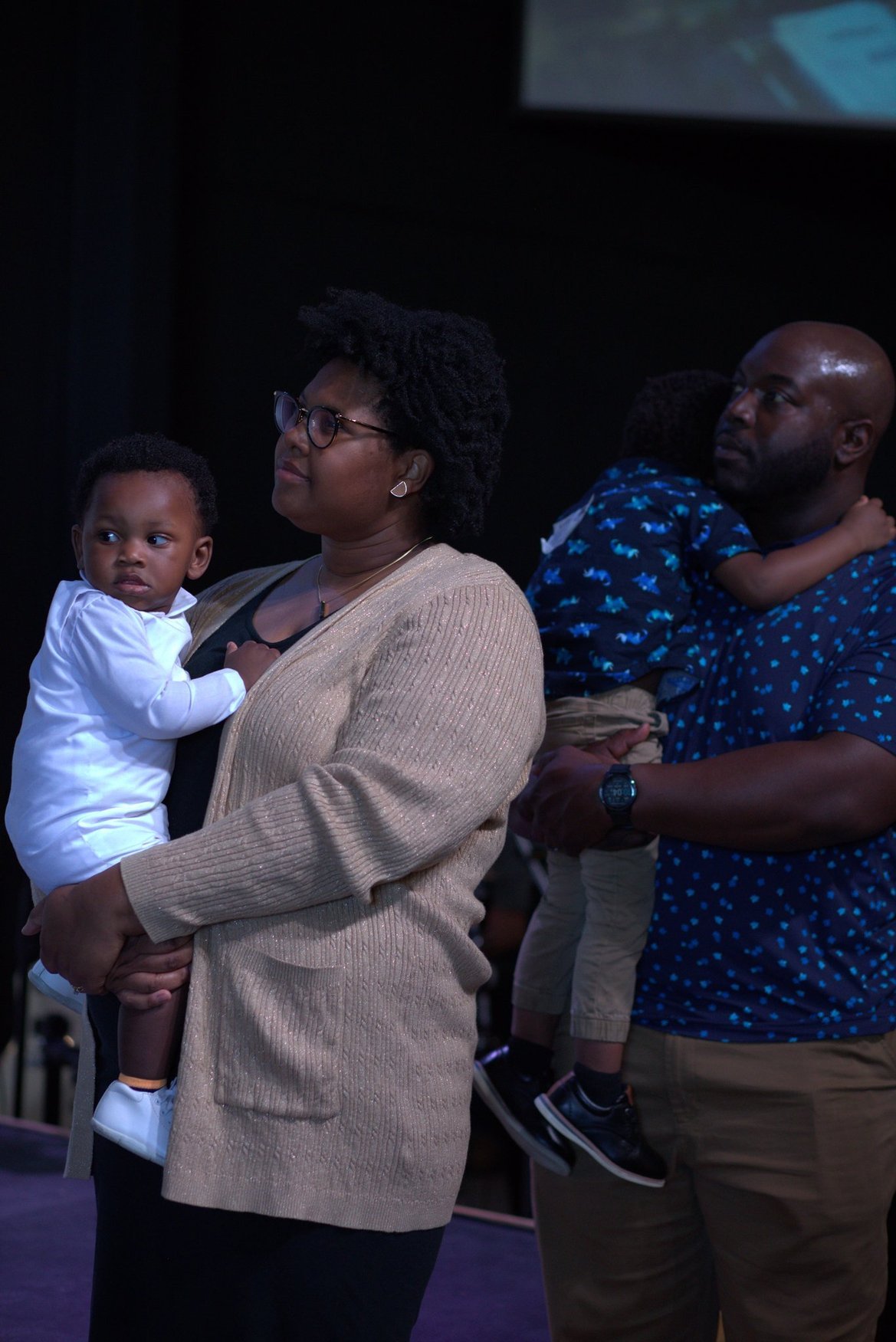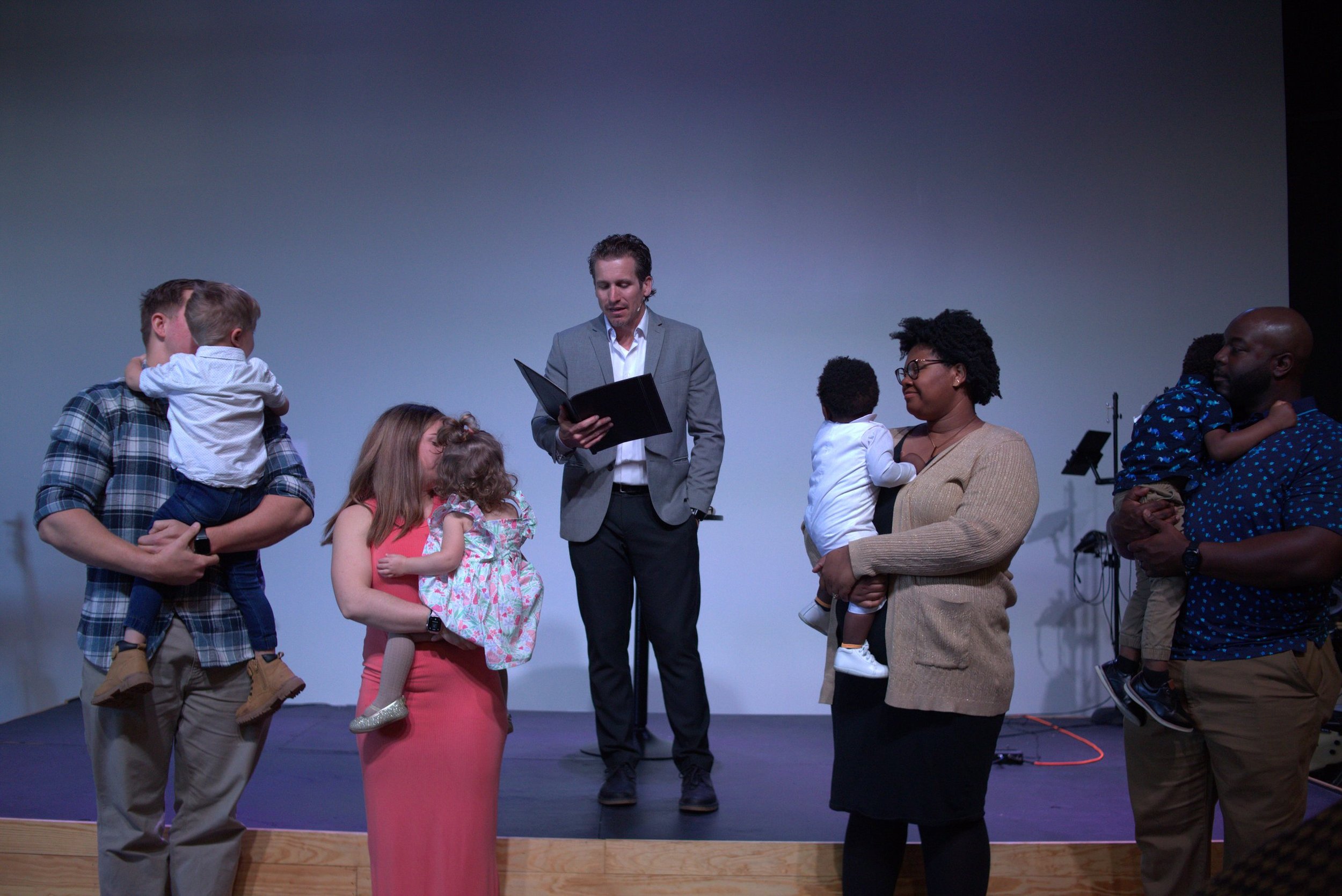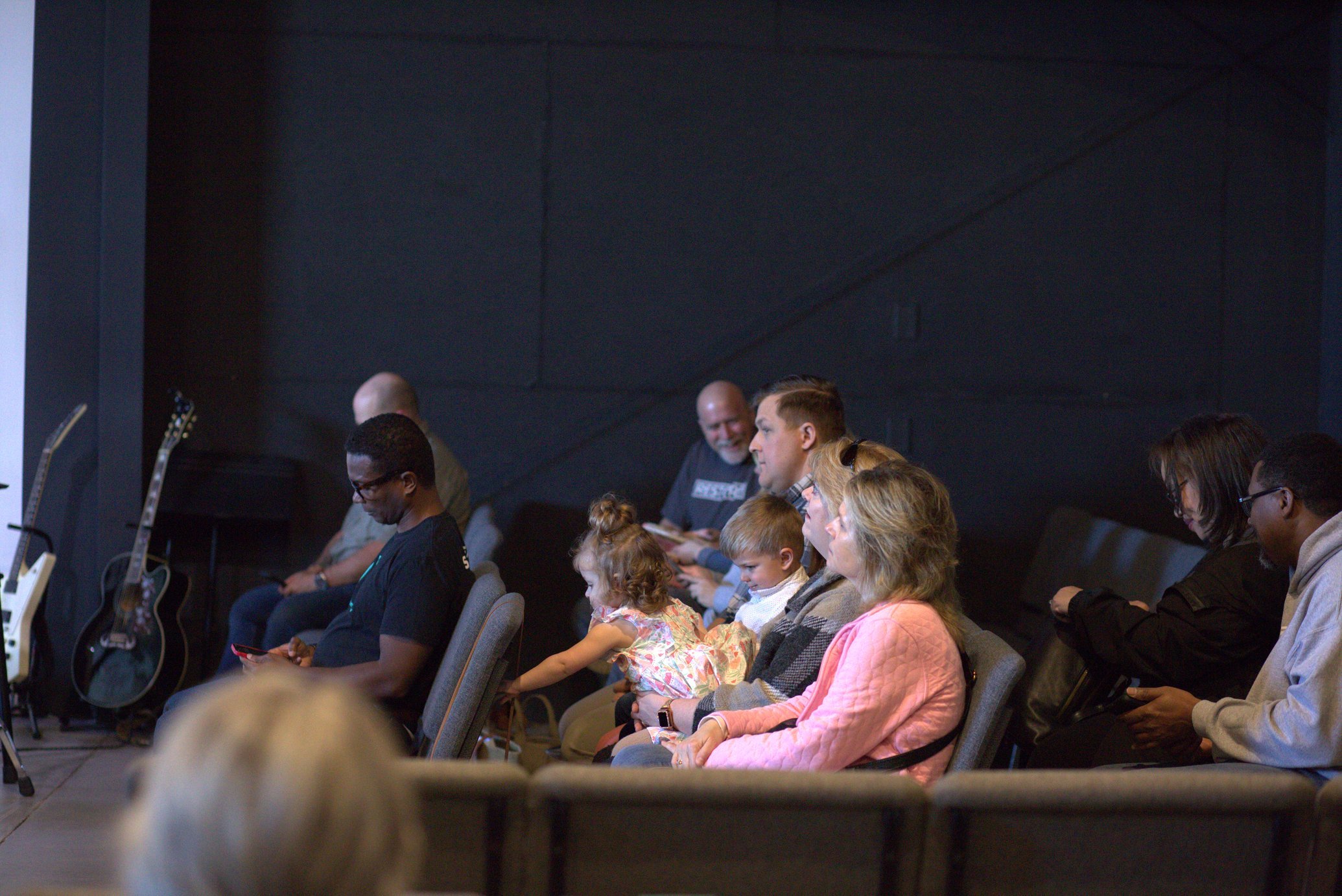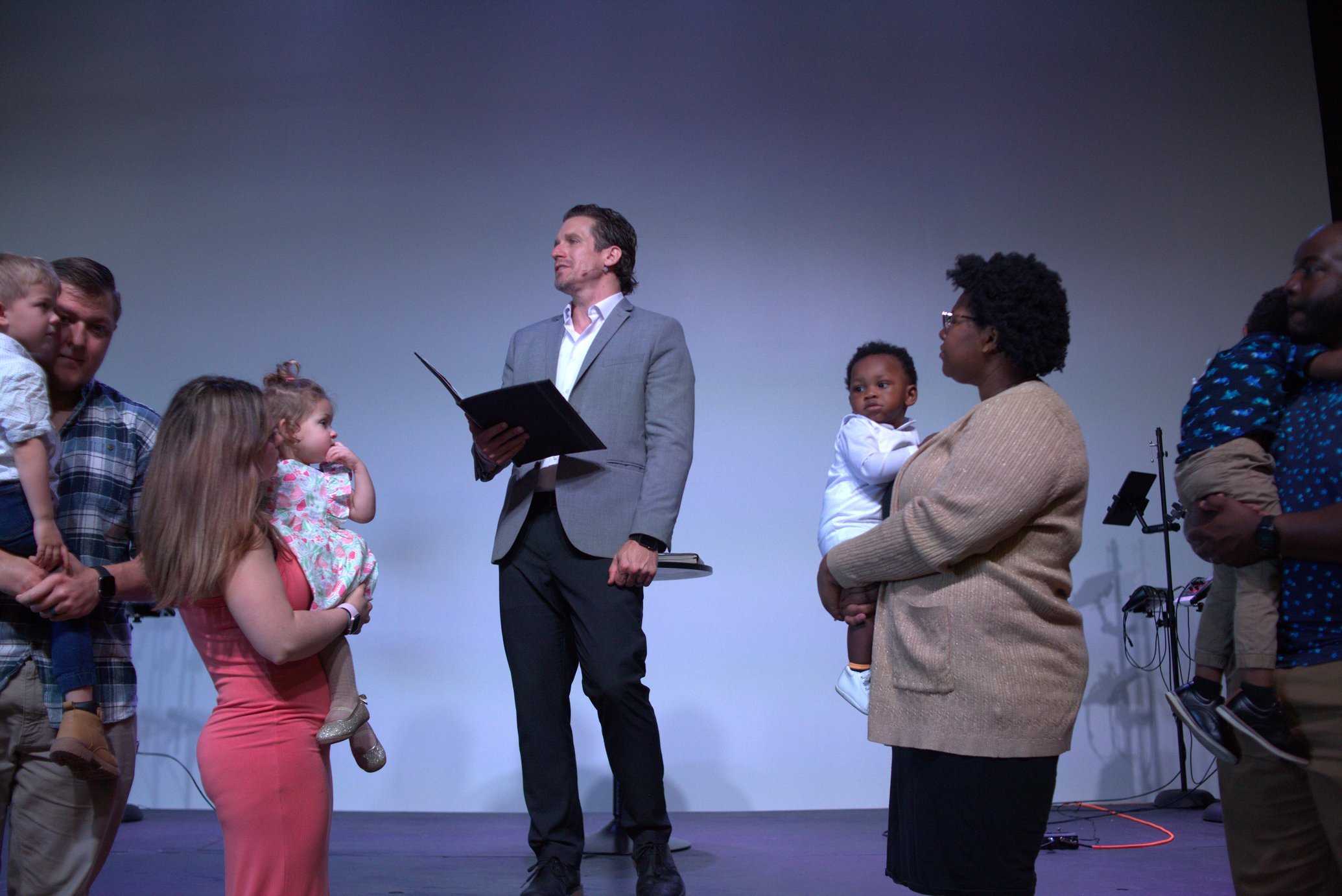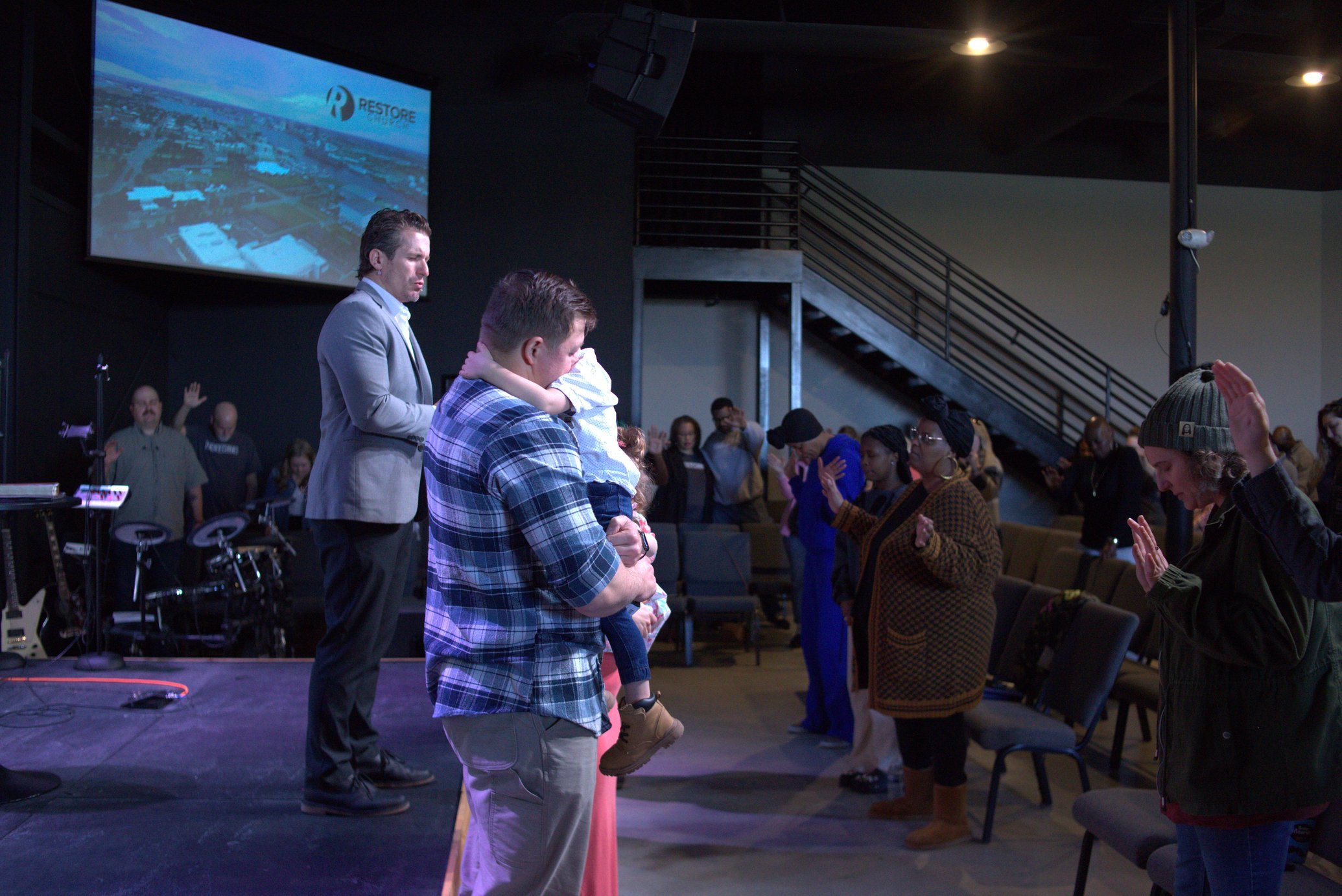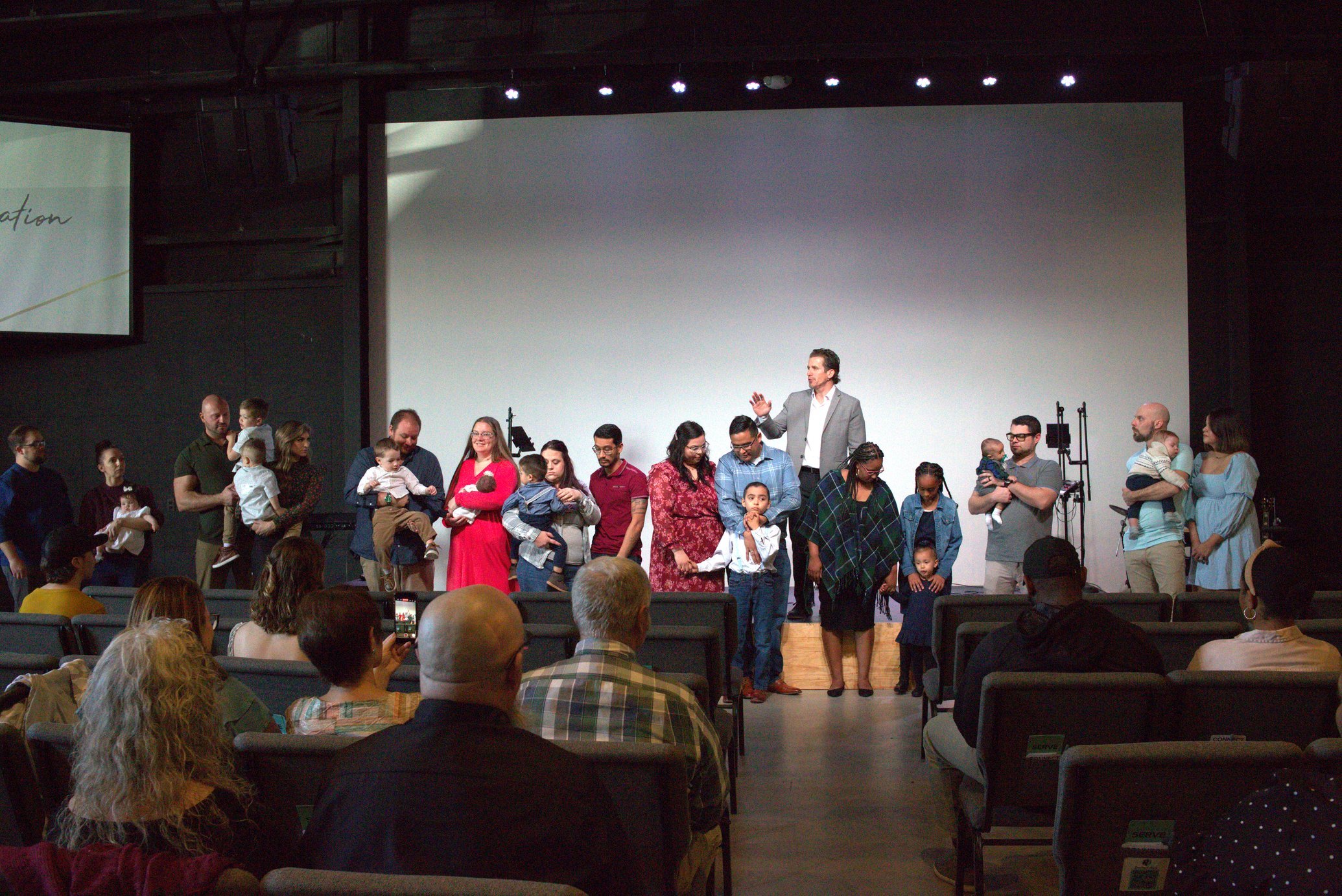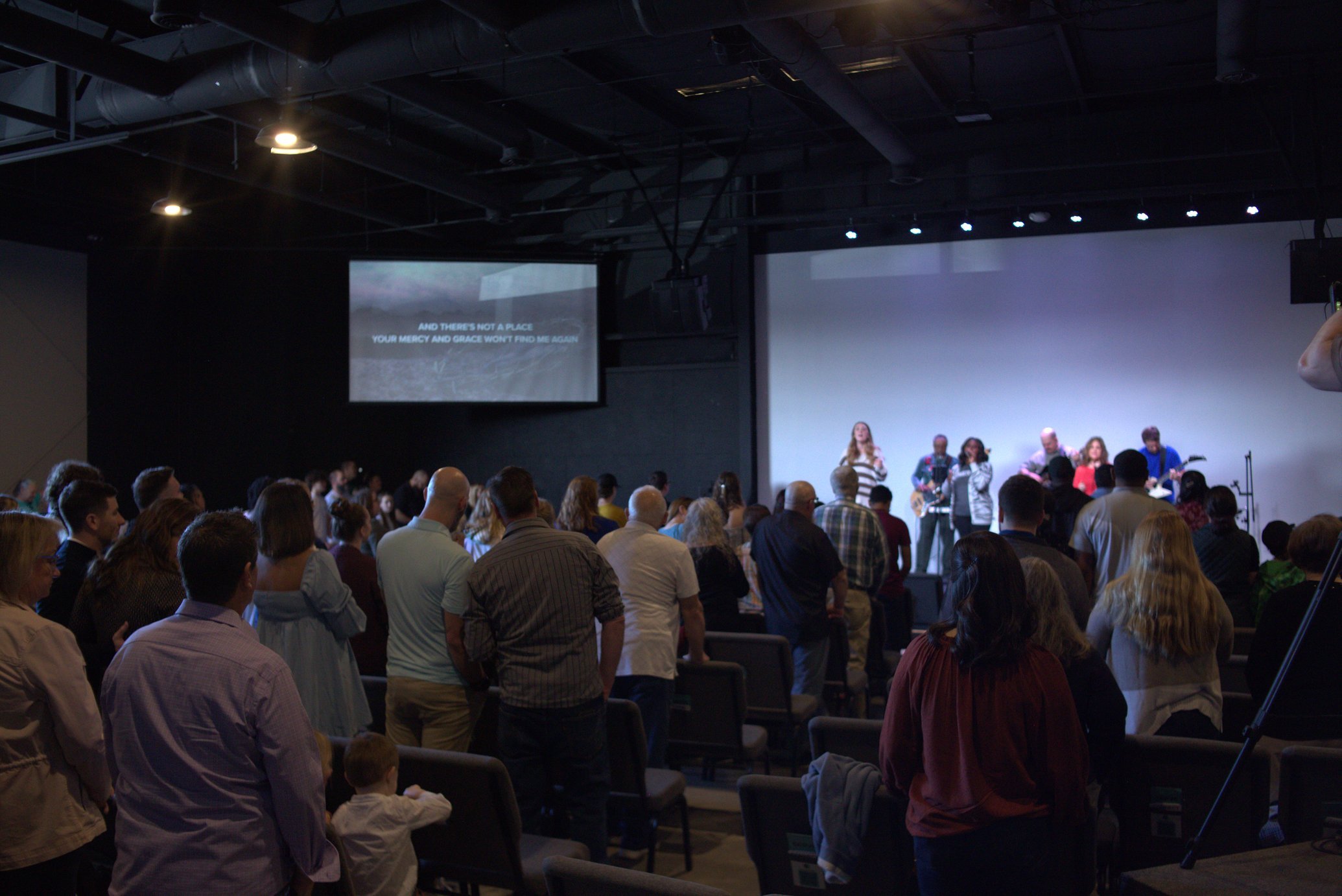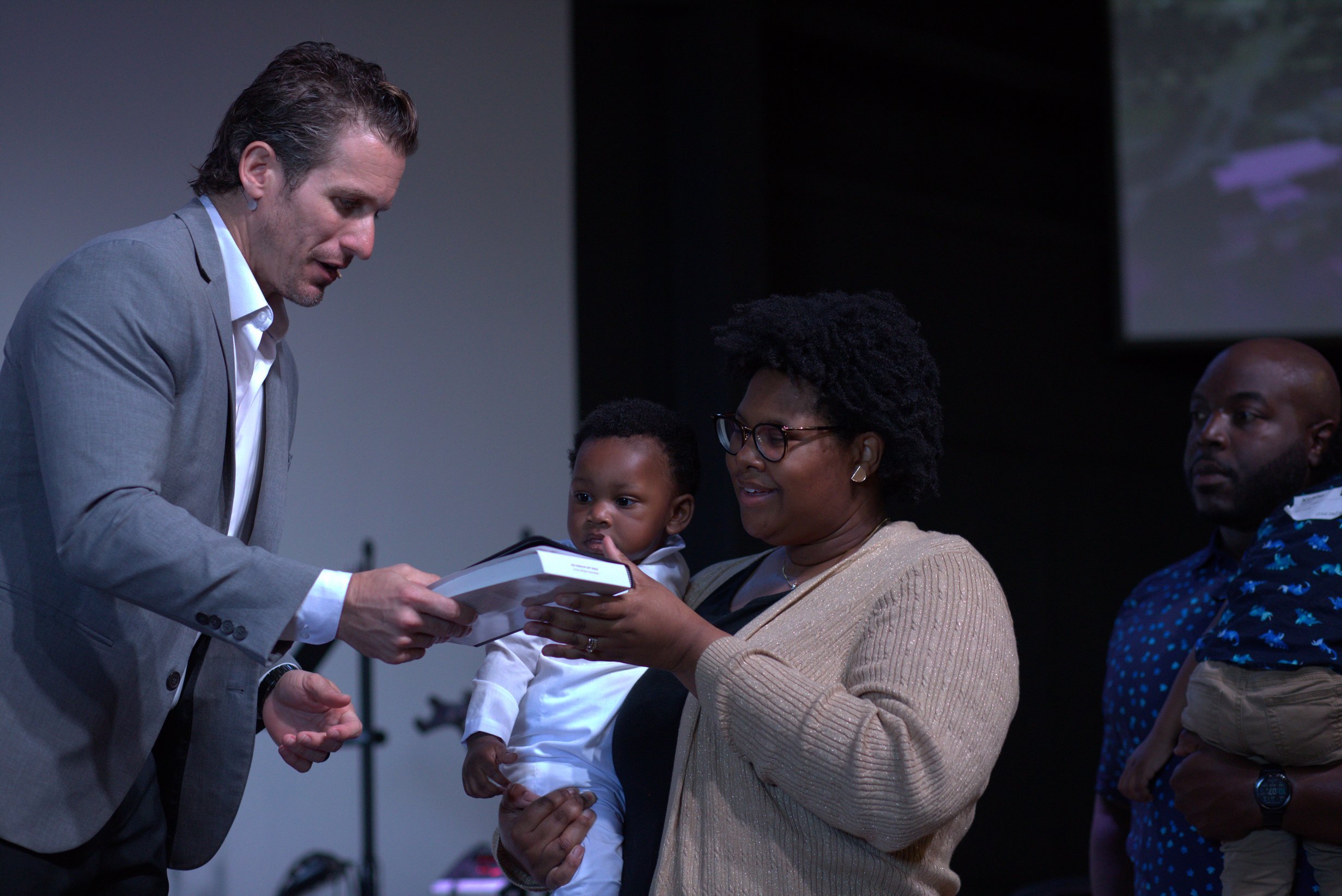Sunday I preached a message dealing with worry. Many mentioned how helpful discussing this has been. Let’s start with what we already know: worry is pretty pointless and powerless.
J. Arthur Rank (picture), an English executive, decided to do all his worrying on one day each week. He chose Wednesdays. When anything happened that gave him anxiety and annoyed his ulcer, he would write it down and put it in his worry box and forget about it until next Wednesday. The interesting thing was that on the following Wednesday when he opened his worry box, he found that most of the things that had disturbed him the past six days were already settled. It would have been useless to have worried about them.
What’s something you constantly worry about? Is it a sin to worry ? If so what do we do about it? Why does God care if I worry? I believe it’s a sin to clearly disobey a command from Jesus. He instructs us not to worry numerous times. Why does it matter? I believe it matters to God because worry reveals a lack of trust, a sneaking suspicion that God can’t or won’t care for us as well as we might hope to if we were in charge (control is a major factor). God also cares because a life filled with worry is completely opposed to the joy-filled trusting lifestyle Jesus died and rose to secure for us to enjoy. A believer overcome with worry is a terrible example and witness.
"Worry never robs tomorrow of its sorrow; it only saps today of its joy."
—Leo Buscaglia
Most of us are aware that most of our worries never come to pass, yet we persist in them. In the US here’s what most adults worry about:
70% were anxious about keeping themselves or their families safe.
68% were anxious about keeping their identity safe.
66% were anxious about their health.
65% were anxious about paying bills or expenses.
59% were anxious about the impact of climate change on the planet.
50% were anxious about the opioid epidemic.
45% were anxious about the impact of emerging technology on day-to-day life.
Notice where worry begins: a desire for control mixed with fear of the unknown. In Matthew 6 Jesus will tell us not to worry. He also tells us not to lust, hate, envy, withhold forgiveness, yield to pride and we know we often fail in those areas. My point is Jesus takes for granted that we know not to give in to external sins like adultery, murder, and stealing. He takes it a step farther and tells us not to lust, hate or envy. Jesus point is to show us what we naturally do and then offer us a better way that leads to life, real life. We can’t help the circumstances that lend us toward worry, but we can choose how long we stay there or let our minds rest in worry instead of trust.
Here are some passages that deal directly with worry and anxiety:
PHILIPPIANS 4:6-7 Do not be anxious about anything, but in everything by prayer and supplication with thanksgiving let your requests be made known to God. And the peace of God, which surpasses all understanding, will guard your hearts and your minds in Christ Jesus.
ISAIAH 41:10 Fear not, for I am with you; be not dismayed, for I am your God; I will strengthen you, I will help you, I will uphold you with my righteous right hand.
I PETER 5:7 Casting all your anxieties on him, because he cares for you.
PROVERBS 12:25 Anxiety in a man's heart weighs him down, but a good word makes him glad.
MATTHEW 6:34 “Therefore do not be anxious about tomorrow, for tomorrow will be anxious for itself. Sufficient for the day is its own trouble.
MATTHEW 6 is where I’d like to focus my attention. Notice what Jesus said (MATTHEW 6:25) “Therefore I tell you, do not be anxious about your life, what you will eat or what you will drink, nor about your body, what you will put on. Is not life more than food, and the body more than clothing? 26 Look at the birds of the air: they neither sow nor reap nor gather into barns, and yet your heavenly Father feeds them. Are you not of more value than they? 27 And which of you by being anxious can add a single hour to his span of life?
1. Worry is based on fear
It may be based on fear of man, fear of lack, fear of the future, fear of loss, or fear of the unknown. This is why God often says FEAR NOT in the Word. Jesus’ remedy is to look to the birds. Which is so simple, yet powerful. Birds don’t work as hard or store their food like we do, yet they don’t lack. Jesus was saying these birds were exhibiting more faith in God than humans. What are you afraid of? Jesus even reminds us that worry doesn’t add life. We now know thanks to medicine and science that worry actually can shorten your life (see this study).
MATTHEW 6:28-30 And why are you anxious about clothing? Consider the lilies of the field, how they grow: they neither toil nor spin, 29 yet I tell you, even Solomon in all his glory was not arrayed like one of these. 30 But if God so clothes the grass of the field, which today is alive and tomorrow is thrown into the oven, will he not much more clothe you, O you of little faith?
2. Worry reveals what I value
Many of Jesus’ listeners (like us) were concerned with how they looked or were perceived by others. Worry about our appearance is common but pointless Jesus says. He points them to “lillies” but what lillies? According to John Chancellor, in his book The Flowers and Fruits of the Bible was the poppy anemone (picture below). The poppy anemone covers the ground with brilliant blossom in early spring. It is the most conspicuous of all spring flowers. Walking at this season in the Holy Land, among the olives and through fields of thisles and wild grass, I was often hit by an unexpected flash of red--it was the anemone, the "lily of the field" of our Lord's discourse. God gives us visual reminders not to worry, but we miss them because we are focusing on all the wrong things. When's the last time you listened to the birds and remembered the promises of God or strolled through a park and enjoyed the flowers and remembered the providence of God.
MATTHEW 6:31-34 31 Therefore do not be anxious, saying, ‘What shall we eat?’ or ‘What shall we drink?’ or ‘What shall we wear?’ 32 For the Gentiles seek after all these things, and your heavenly Father knows that you need them all. 33 But seek first the kingdom of God and his righteousness, and all these things will be added to you. 34 “Therefore do not be anxious about tomorrow, for tomorrow will be anxious for itself. Sufficient for the day is its own trouble..
3. Worry is a waste of time.
Jesus isn’t belittling our circumstance. In Matthew 8-9 (picture below) He spends time with 10 groups of people facing anxious circumstances. Jesus Himself would face death and pain head on. However He knew worry is wasted energy and the Kingdom is where our hearts should focus. Our worry often keeps us focused on self and Jesus wants to move the focus from us to God and serving others. There is so much kingdom work to do, but we often can’t se beyond what has us paralyzed in fear. Why does God care about my worry? It reveals my lack of trust in Him, it stagnates my spiritual growth and paralyzes my kingdom potential.
When the enemy can’t sideline us with sin, he will settle for fear, doubt, or worry.
Take a walk. Trust in God. Remember His faithfulness. Trust in His promises.





















